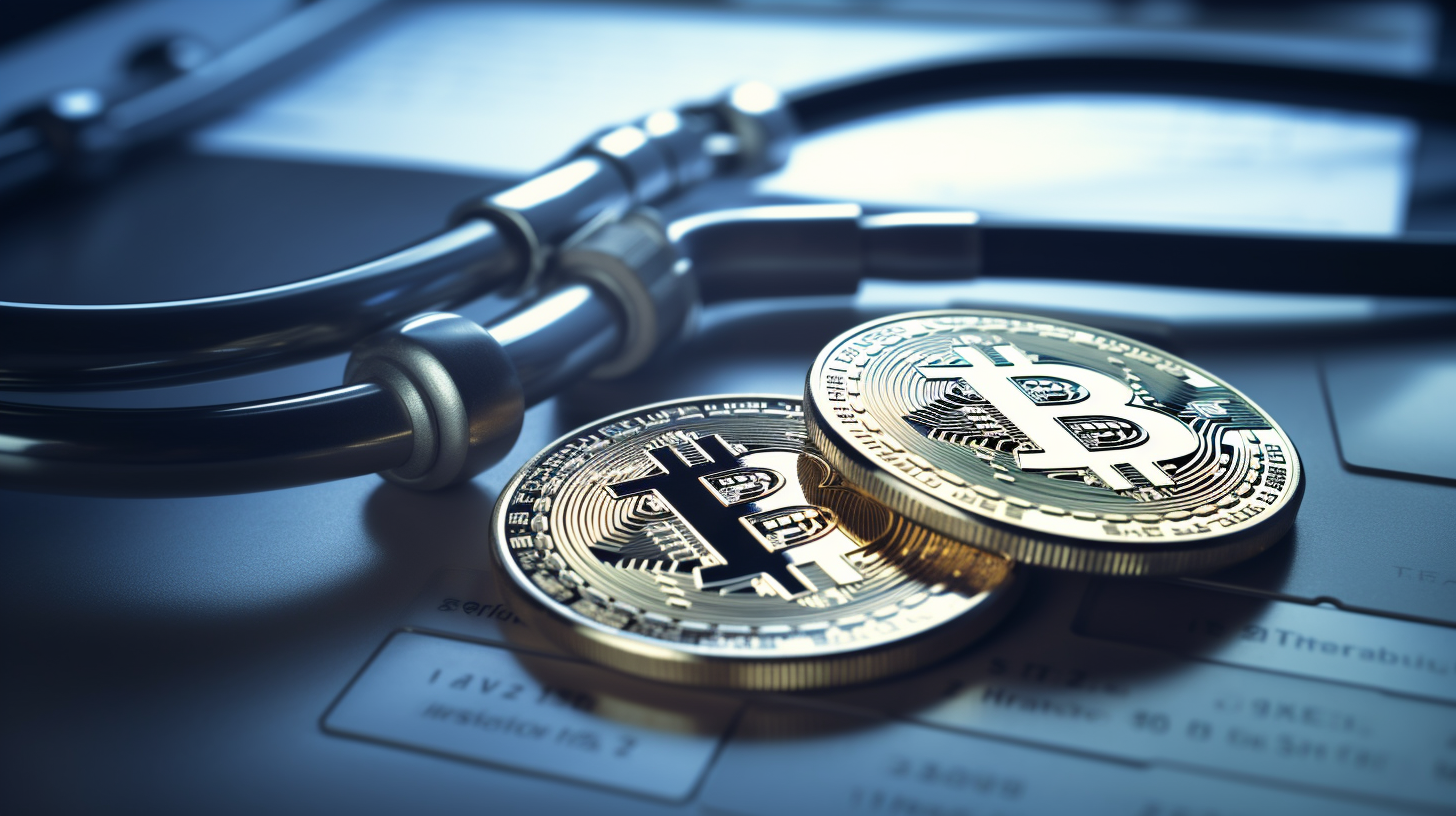In a world increasingly driven by digital innovation, one can’t help but wonder if the cure for modern healthcare’s ailments lies within the cryptic chains of blockchain technology.
The marriage of healthcare and blockchain is no longer a futuristic fantasy. It’s a reality, with every transaction, prescription, and patient’s record etched indelibly on the immutable ledger. This union promises a radical shift in how we approach medicine, from the individual care level to the macro scale of global health initiatives.
The perennial headache of medical record management could be soothed by blockchain’s decentralized approach. Gone are the days of fragmented records. Instead, imagine a single, secure, and comprehensive patient history accessible by a simple cryptographic key. This innovation stands to erase the risk of lost paperwork, curb the spread of false information, and tie the hands of data thieves—effectively locking out one of the most significant risks in healthcare data management today.
Consider smart contracts, those self-executing legal documents that cut out the paperwork—and the middleman—from healthcare billing. Would you believe they could chop down the bureaucratic redwood into a bonsai of efficiency? Smart contracts engage only when specific conditions are met, eradicating errors and reducing the time doctors and administrators spend chasing payments, all while the ledger records every step with unwavering accuracy.
But let’s take a step back. With these advancements, we wade through the murky waters of consent and privacy. Blockchain offers a bastion of control for patients over who sees their medical information. Imagine giving consent through a digital signature, transforming the typical tangle of privacy concerns into a streamlined, patient-centric model.
What of global health initiatives? Cryptocurrencies don’t sleep. They don’t acknowledge national borders or bank holidays. Funds allocated for world health can jet across the blockchain, from wallet to recipient, in a heartbeat. This rapidity and transparency could become the lifelines for timely aid during crises, neatly logged for scrutiny by donor and beneficiary alike.
However, let’s not glance over the hurdles in our path. The digital divide looms as the Goliath to our David. The big question stands: how do we equip every corner of the globe with the means to join this digital health revolution? And interoperability—can the diverse systems speak the same language on a ledger that doesn’t forget or forgive?
A juxtaposition forms: as we seek to enhance our healthcare with blockchain, we must heed the wisdom to not lose our societal values in this digital migration. It becomes essential to balance technological advancements with inclusivity and accessibility. After all, what is the benefit of this digital elixir if it is not savored by all?
In concluding, the question hangs in the air like the heady scent of promise—could blockchain be the elixir for modern medicine? The answer may not be a simple yes or no. We are part of a living, breathing experiment. As we push the boundaries of blockchain in healthcare, we must brace for the challenges and ready ourselves to embrace the potential remedies it could unfold. This journey, perhaps, is where we will discover the ultimate mix for our modern-day medical concoction.
